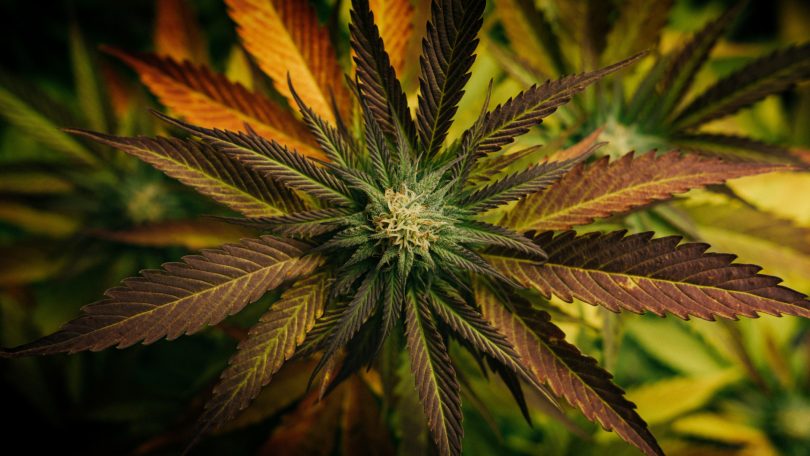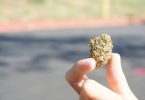As more research is done on the cannabis plant, it’s inevitable that new and interesting properties are discovered. Tetrahydrocannabivarin (THCV) is a minor cannabinoid found usually in much smaller quantities than the well-known cannabis major constituents tetrahydrocannabinol (THC) and cannabidiol (CBD). THCV shows great promise in a number of areas that warrant a great deal more study and exploration.
THCV vs THC
As the name suggests, THCV is very similar to THC in terms of chemical structure. However, there are a number of key differences. First, THCV is not produced in nearly the same quantities as THC within the cannabis plant: as a minor cannabinoid, it is only found in trace quantities. Nevertheless some cultivars have higher concentrations of THCV, but they’re still nowhere near those of THC.
THCV also doesn’t share the same intoxicating effects as THC. Studies [1] support the fact that THCV is a cannabinoid receptor 1 (CB1) antagonist capable of counteracting the psychotropic effects of THC, while it is a CB1 receptor agonist and CB2 partial agonist at high dosages. [2]
What are the Effects of THCV?
THCV’s claim to fame is as an appetite suppressant. [3] In fact, it’s currently being investigated as a potential treatment for obesity. That’s because it’s also reported to boost the metabolism.
THCV has also been studied for its ability to moderate blood sugar levels. THCV has shown that it can possibly regulate blood sugar, making it a potential treatment for type-2 diabetes. At the same time, THCV has been reported to minimize tremors associated with Alzheimer’s disease and promote bone growth in patients suffering from osteoporosis.
While the full range of THCV’s effects aren’t known, it’s clear that this cannabinoid shows serious therapeutic potential.
References:
[1] Thomas A, Stevenson LA, Wease KN, Price MR, Baillie G, Ross RA, Pertwee RG. Evidence that the plant cannabinoid Delta9-tetrahydrocannabivarin is a cannabinoid CB1 and CB2 receptor antagonist. Br J Pharmacol. 2005 Dec;146(7):917-26. doi: 10.1038/sj.bjp.0706414. PMID: 16205722; PMCID: PMC1751228. [Journal impact factor = 8.739] [times cited = 196][2] Pertwee RG (January 2008). “The diverse CB1 and CB2 receptor pharmacology of three plant cannabinoids: delta9-tetrahydrocannabinol, cannabidiol and delta9-tetrahydrocannabivarin”. British Journal of Pharmacology. 153 (2): 199–215. doi:10.1038/sj.bjp.0707442 [Journal impact factor = 8.739] [times cited = 1801]
[3] https://www.healthline.com/health/substance-use/thcv










